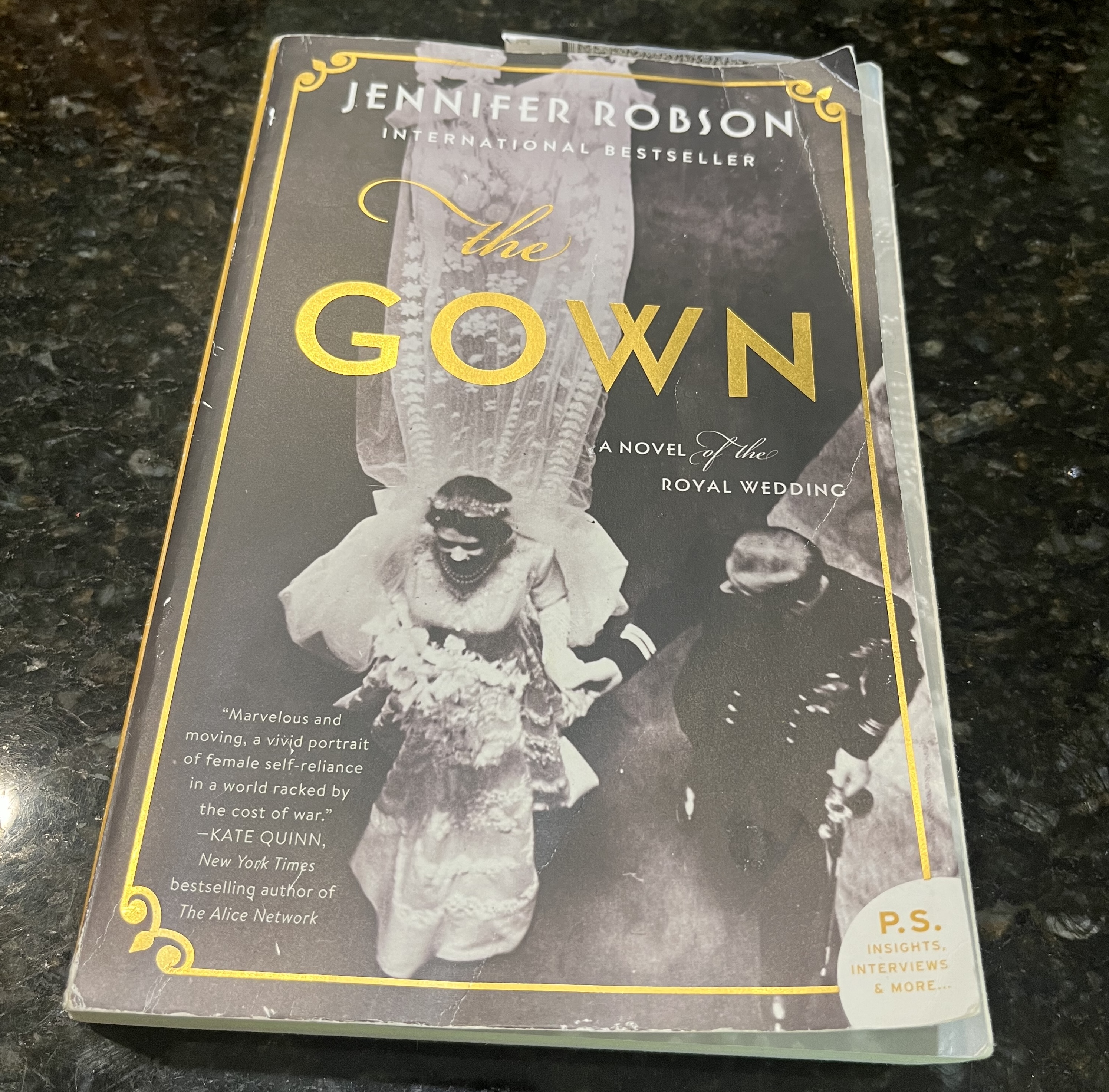Below is a link to a funny Twitter thread started by Paul Coxon, a physicist in materials science at the University of Cambridge, who in front of colleagues referred to a photon as a “shiny crumb.”
Since I barely passed high school physics with the help of a very encouraging teacher and five incredibly devoted classmates, I am impressed with Paul. I mean, being educated as a physicist in materials science from the University of Cambridge is a big deal.
Also, I can relate to Paul. Is it okay if I call him Paul? I can understand calling a photon a shiny crumb. That makes sense to me and seems like an apt description.
Interestingly, when I coach professionals on public speaking they share three universal concerns. And sometimes they aren’t just worried, they are in full blown panic.
What if I forget a word?
What if I forget what I am supposed to say?
What if someone asks a question and I don’t know the answer?
My answer to you, and to Paul is, “What if you do?”
When you forget a word, often your audience will help you by sharing the word you are seeking. This fumble demonstrates your humanness and makes you a less robotic presenter, and therefore a more approachable presenter. It makes you “one” with the audience as you are no longer the incredible expert with all the answers, speaking to lesser people. Instead you and your audience are together on a learning journey.
When you forget what you are supposed to say next, that’s why slides and note cards were invented. Take a glance, a pause, have a sip of water and look at what you had planned. If you have practiced, taking the time to transition will help you and your audience prepare for the next topic and content. It’s all good!
And when someone asks a question and you don’t know the answer? First of all, plan for the question and answer time, period (even if there isn’t a planned question and answer period) as painstakingly as you planned everything else. If you stop and think about it, you can anticipate almost every question. If you seek out your most curious colleagues and ask them to hammer you with questions during your practice, you will have heard some variation of every relevant question.
Second, consider the question. If it’s truly a relevant question and you feel you should know the answer, say, “I don’t know but I will find out and get back to you.” Then be sure to do just that. But, if it’s just an audience member trying to gain attention and show off their brilliance with a technical question, it warrants a different answer. Don’t say, “Well, you loser, I am not going to answer that because you are just showing off,” but do feel free to say, “I’m not sure. Could you research that and let us all know?” If the show-off is genuinely curious, they will research it and will let you know and you will have found a lifelong professional colleague who is as interested in your topic as you are. If they don’t research it, no problem, your speech continues and you look like the shining star that you are.
And remember, if Paul Coxon refers to a photon as a shiny crumb, you get some leeway as well.
What have you experienced while speaking?





0 Comments